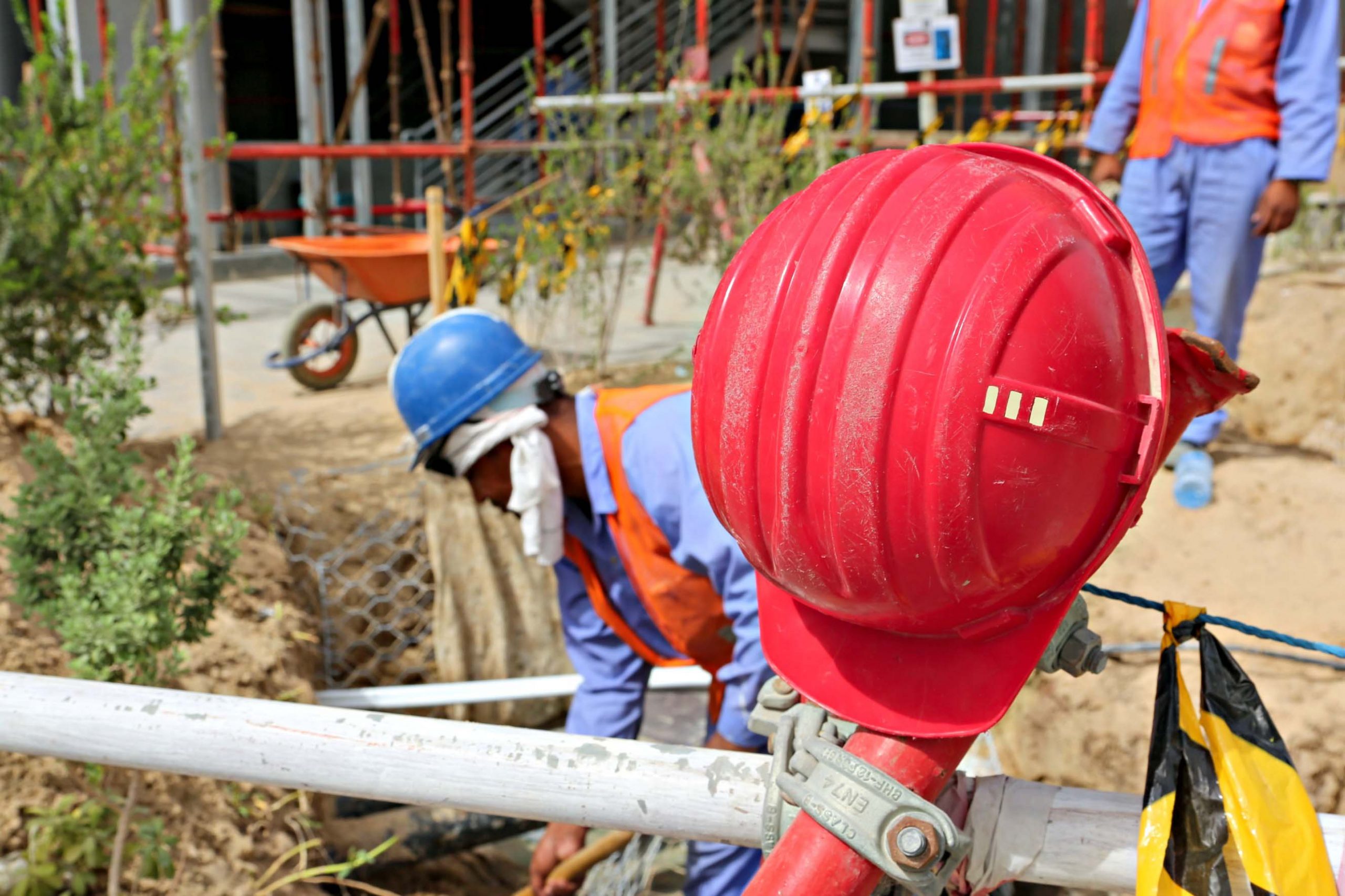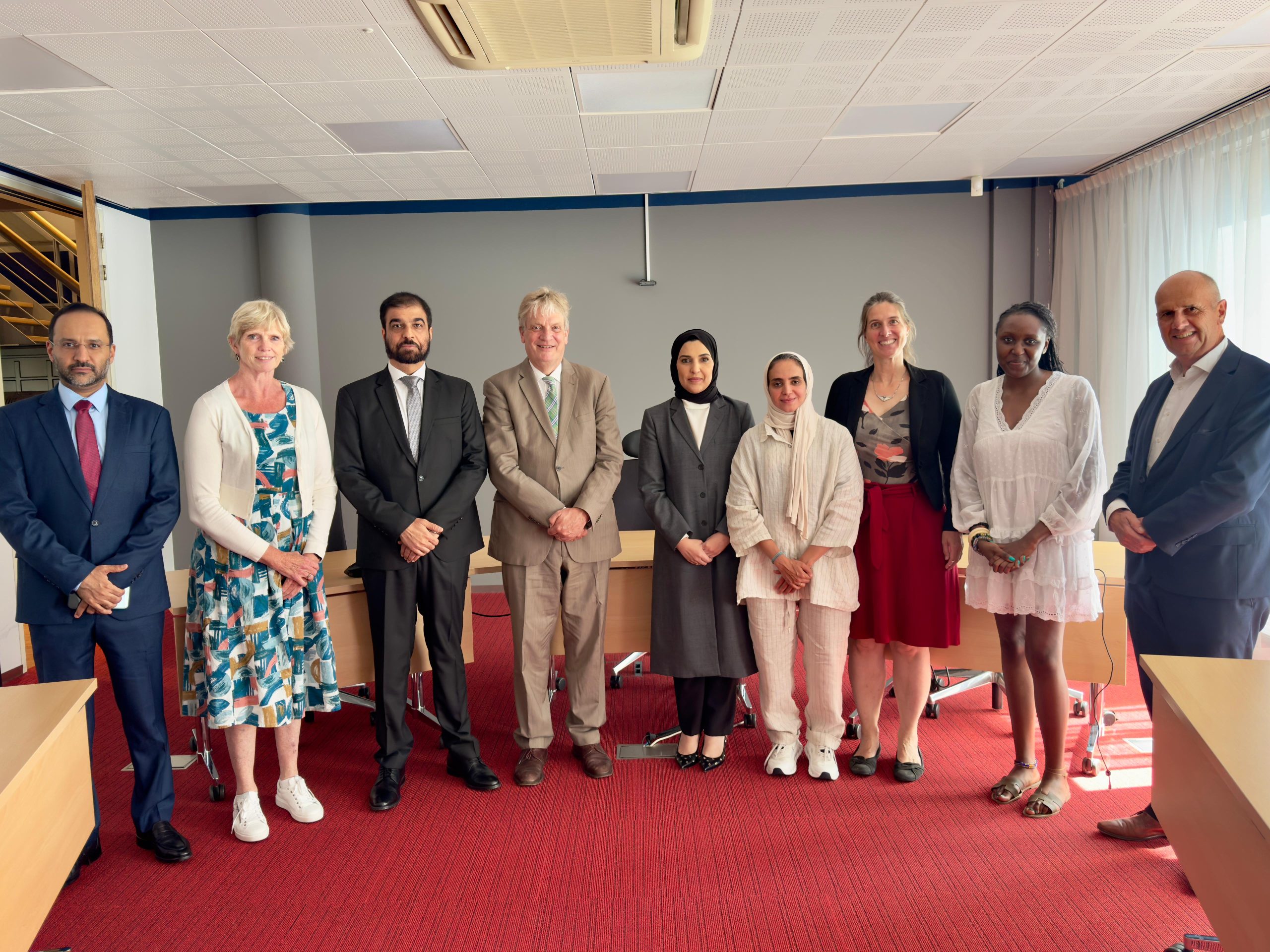
Qatar is home to the world’s fourth highest concentration of “slaves” relative to its population, according to the latest edition of the Global Slavery Index.
The annual index, which is now in its second year, is compiled by anti-slavery campaign group the Walk Free Foundation, which ranked 167 countries on how many of their residents are estimated to be in modern slavery.
Slavery is defined in the index to include human trafficking, forced labor, debt bondage, forced or servile marriage and the sale and exploitation of children.
Around 29,400 people in Qatar are reckoned by the group to be classified as slaves.
That’s about 1.36 percent of the population, based on the 2,168,673 figure the report was working with at the time it was put together. The percent puts the country in fourth place on the global table.
MENA figures
In terms of percentages, Qatar fares worse than its Gulf neighbors, with the UAE coming in 12th place with 1.06 percent of its population considered enslaved.
But, as with many studies, Qatar’s small population appears to have skewed the figures. In actual numbers, the Emirates was estimated to have more than three times the number of slaves as Qatar, at 99,000 people.
Oman, Kuwait and Bahrain also fared better as a percentage of their populations – in 45th, 46th and 47th places respectively.
And Saudi Arabia, which has one of the region’s highest number of slaves, at 84,000 people, was ranked 101th place, due to its much higher overall population.

Mauritania topped the rankings, with 4 percent of its population classified by the group as modern slaves (160,000 people), while India had the highest overall number – 14 million (1.14 percent of its population).
Workers
In its detailed country profile, the index focuses on Qatar’s high migrant population, particularly its large (and increasing) number of unskilled and semi-skilled workers employed in the construction industry and in the domestic sector.
Describing Qatar as “a destination for exploitation of men and women from Asia who travel to the Gulf nation with promises of well-paid jobs,” the report highlights practices that have been flagged by a number of domestic and international organizations as needing reform.
It continued:
“(Workers) are subjected to a range of exploitative practices that may amount to forced labour and domestic servitude – namely, extortionate recruitment fees, illegal confiscation of passports, withholding of salaries, excessive working hours, hazardous workplaces, unhygienic living conditions, and physical, psychological and sexual abuse from employers.”
Qatar’s restrictive sponsorship (kafala) system, while not directly responsible for the conditions of modern slavery, increases workers’ “vulnerability to exploitation” as it ties them to their sponsors, the report added.
One of the measures included in this year’s report is a classification of each country’s government response to the conditions. Qatar is given a “CC” rating, out of a scale from A to D.
Reform recommendations
Qatar’s government is commended for adopting a national action plan to combat human trafficking and an institutional framework for its implementation, and the work of the Qatar Foundation for Protection and Social Rehabilitation is also noted.
However, the report adds that there is “still inadequate commitment to comprehensively address enduring social attitudes that allow modern slavery to persist.” It added:
“Currently there is insufficient commitment to enforcing existing laws and widespread reluctance to extending the rights of domestic workers. Domestic workers remain insufficiently protected and exposed to abuse.”
A number of measures of reform at both government and business level in Qatar are recommended in the report, including:
- Amending Article 3 of the Labor Law to ensure domestic workers, drivers, cooks and gardeners have their labor rights protected;
- Establishing a minimum wage for domestic workers;
- Retracting provisions in legislation about absconding to ensure that victims are not criminalized for fleeing exploitative situations;
- Allowing workers to move jobs and leave the country without needing to obtain the permission of their current employer;
- Investigating the recruitment practices of suppliers and sub-suppliers and work with suppliers to compensate staff that have paid excessive recruitment fees; and
- Ensuring suppliers are paying staff to the contracted amount or national minimum wage, including premiums for overtime work.
Other reports
Many of these recommendations have already been highlighted by other human and labor rights organizations in recent years.
Last week, Amnesty International published a new report warning that Qatar was running out of time to implement meaningful change to its laws governing workers’ rights.
In its assessment of the country’s efforts to improve the living and working conditions of foreign laborers, the group said Qatar had not taken concrete steps to end the widespread exploitation of migrant workers in the four years since it won the 2022 World Cup hosting rights.
Amnesty research James Lynch said: “We have serious concerns whether there is political will to deliver the kind of solutions that are ultimately necessary to address this problem.”
Qatar has already said it would make changes in some areas.
Upcoming labor law amendments include requiring companies to pay workers’ wages directly into their bank accounts to avoid late payments or non-payment, and to make it easier for expats to switch jobs and leave the country.
The revisions to the law were expected to be discussed by Qatar’s Advisory (Shura) Council when it met last week. However no firm date has been given for when this would come into effect.
The Labor and Social Affairs Minister Dr. Abdullah Saleh Mubarak Al Khulaifi has variously been quoted in local media as saying the changes would take place late this year, or early next year.
You can see a full version of the index here.
Thoughts?








